
How Footprints Floors Help Avoid Renovation Delays!
How Footprints Floors Help Avoid Renovation Delays!
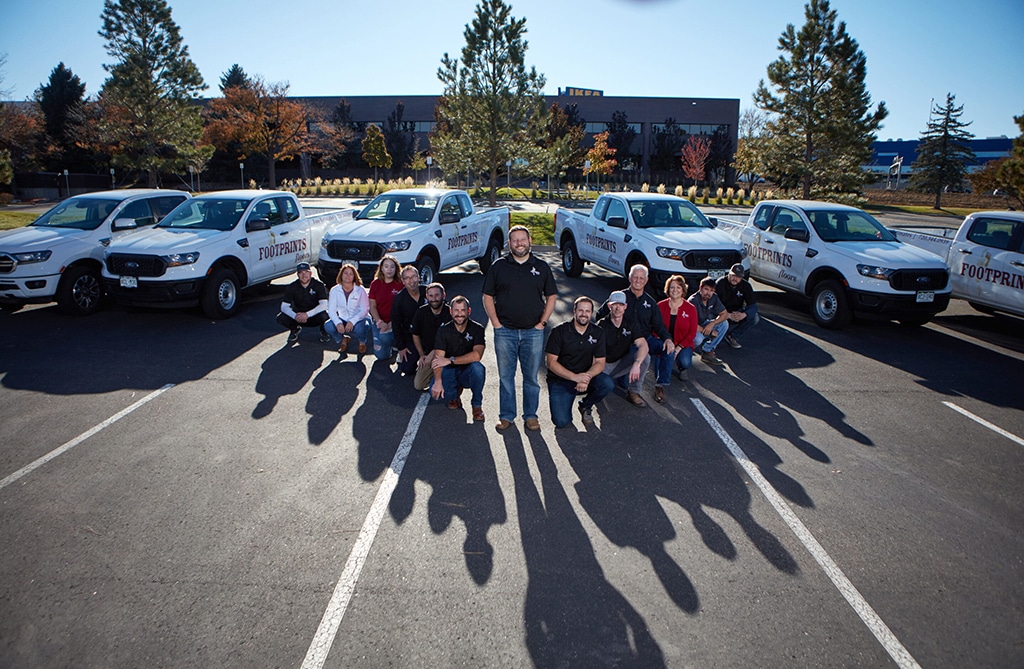
The typical home improvement project gets delayed by at least 1-2 months. That’s a reasonably long time to live in a home with unfinished floors or stripped-out appliances.
Home renovations seem to present infinite opportunities for things to go wrong. Sometimes these issues seem entirely out of control. At the same time, at other times, it comes down to an incompetent or unprofessional contractor.
That doesn’t mean these problems can’t be avoided. If you’ve been dreading the thought of renovating their place, it’s time to take a breath of relief.
There’s a fresh new approach to getting a renovation done. One that doesn’t leave you in charge of micromanaging contractors, watching over logistics, or trying to keep things on schedule.
Let’s go through seven reasons why renovations get delayed and how easy it is for you to avoid them.
Products and Materials are Backordered or Out of Stock
Yes, supply chain problems are still ongoing. Waiting lists can feel endless, and some products have never gotten off the backorder.
If you’re planning a renovation, you have to factor this in. Inventory problems are always incredibly frustrating, especially when it’s something visible, like a specific type of hardwood flooring you have your heart set on.
In worst-case scenarios, a single critical product going out of stock can delay an entire project for weeks or months.
It can feel like these problems are out of your control – and for the most part, they are. So, if getting your home renovation done quickly is a priority, be prepared to accept possible product substitutions or design alterations.
It’s essential to ensure that your contractor is entirely on board. Many contractors have a select brand or two that they like to work with. And this can happen more often when dealing with specialized contractors like flooring installers and tilers.
Sometimes it’s because they sincerely feel that a particular product is best and are providing you with unbiased advice. Other times, they steer you in a specific direction because they act out of self-interest.
That’s because contractor rewards and loyalty programs can financially incentivize contractors to have their customers use specific manufacturers. You don’t want to get stuck with a contractor like this.
The best way to avoid this is by choosing a home improvement company that gives you the freedom to use whatever brands and products you prefer.
Shady Contractors
The home renovation industry has a mixed reputation, and dodgy contractors are one of the reasons why.
Contractors are known to put work off without notice, ignore instructions, change things, play the blame game, upcharge customers, go cold contact, and even slap homeowners with liens after being fired for their mistakes.
Many contractors are skilled and ethical professionals who will treat your renovation with care. But this career field does attract those with a little less integrity. If you plan to hire a contractor independently, you must know what red flags to watch out for.
Top contractor faults include:
- Poor communication
- Poor risk management
- Poor budget management
- Insufficient skills
- Not insured (unbeknownst to you)
- Poor documentation
- Lack of preparation
Contractors with traits and habits like this can throw an entire home renovation off. Review sites are beneficial for weeding out the bad apples, but these sites can be prone to manipulation.
Want to avoid the chance of getting tied up with a less-than-honorable contractor? Work with a faith-based, home care franchise that will handle them for you.
Skilled Labor Shortage
Many home renovations are being rescheduled due to the shortage of skilled trade laborers. America’s employment market is missing at least 1 million of them!
This issue has been building up over time. Workers keep leaving the workforce without enough entering to replace them. But 2020’s surge in renovation demand only exacerbated it.
This presents a few challenges:
- Finding contractors who treat their crew well enough to attract and keep them on
- Avoiding contractors who use shady, sub-par crews to fill the labor gap
- Finding contractors who don’t use the skilled labor shortage as an opportunity to overcharge their customers
So, what’s the solution?
Find a home improvement company with a trusted network of subcontractors, crews, and other specialists — ideally, one with a history of working well with subcontractors and maintaining solid local relationships over time.

Subcontractor and Crew Problems
We can’t overstate how critical it is to use a contractor who can retain an excellent set of skilled laborers and then manage them well.
Once the design is set, the contractor is hired, and the materials are on-hand, the rest of the renovation comes down to the crew’s skill level and work ethic.
Poor workmanship is one of the top construction complaints. It turns out that most homeowners can put up with some noise for a while and can even tolerate a project going over budget. But a shoddy work job is rarely okay with them.
A good contractor should notice poor quality work, and homeowners who are well-informed and highly involved will often catch things.
This provides the chance to correct an error while the project is ongoing. However, this wastes time and money and is guaranteed to cause delayed or prolonged renovations.
It’s also common for poor workmanship to go unnoticed until long after the work is finished. You might notice squeaky floorboards or lifting tiles when everything should be in good condition.
If you aren’t interested in micromanaging, try using a home improvement company that manages contractors, subcontractors, and crews on your behalf.
Budget Overruns
Home renovations don’t have a good track record for staying within the budget. Here’s some data from the 2020 U.S. Houzz & Home Study:
- 31% of homeowners ended up over budget
- 36% of homeowners ended up right on budget
- 3% of homeowners ended up under budget
- 29% of homeowners didn’t bother setting a firm budget
This data shows that only 39% of homeowners ended up on or under budget. Budgetary issues are often delayed further if homeowners need to refinance or rework their plans.
Budget overruns are usually a planning and management issue. Some contractors like to low-ball their quotes so they can win a job, while others just let things get out of control.
Want to keep your budget tight? Work with a home improvement company that’s used to keeping things tight.
Good Solo Contractors are Booked Out
Home remodeling projects are in demand. And so are reputable, preferred contractors.
Top contractors with a track record of completing projects on time, staying within budget, doing quality work, and handling their crews well almost always have lengthy waiting lists.
Waiting lists tend to happen with self-employed contractors whose companies’ operations depend on their presence.
Unfortunately, working with a solo contractor leaves your project’s timeframe at the mercy of their professional and personal schedule. And that always results in your renovation getting done far later than it could be.
Here’s an alternative: try using a well-run home improvement franchise that can get the job done without relying on one contractor or project manager. It’s the best way to prevent scheduling inconveniences from delaying your renovation.
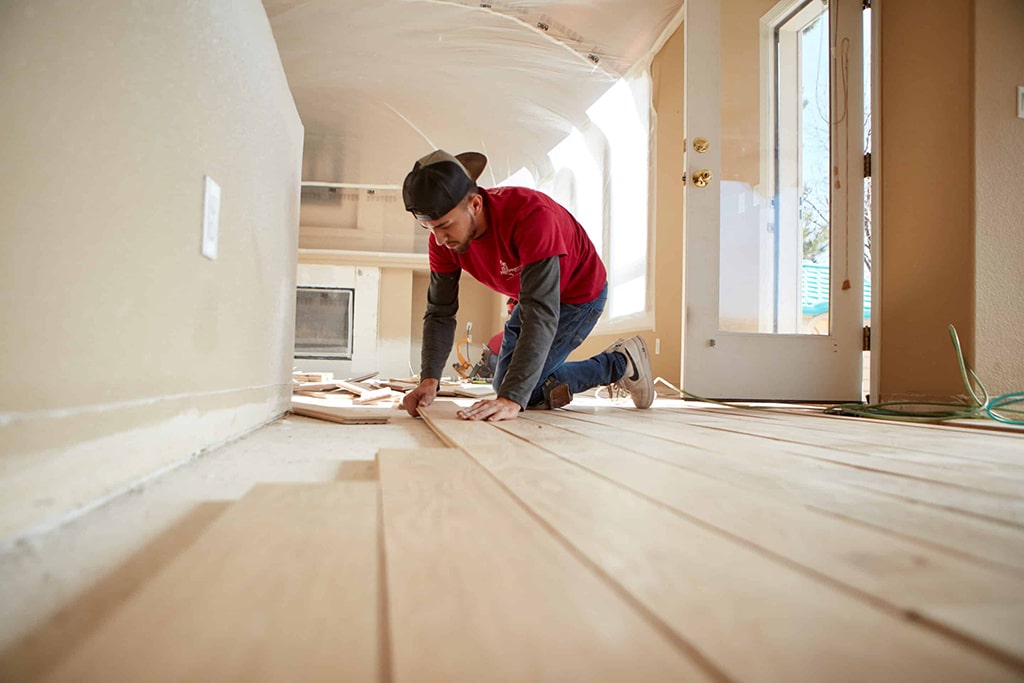
The Design
A beautiful design doesn’t always translate into reality. Always ensure you have a clear picture of what you want, then communicate it clearly to the contractor, so they understand.
- Make sure the contractor has a good understanding of what you want
- Make sure the contractor can pull off the design
- Make sure you know exactly what you want
Many homeowners think they’re on the same page with their contractor, only to realize down the line that they had completely different visions. Contractor errors and design regret mean scheduling delays and further costs.
You shouldn’t have to micromanage a contractor to see if they are carrying out your vision and giving you what you want.
Want to avoid this problem? Use a home improvement franchise that guides you through the design process, then takes care of construction for you.
What’s a better way to do a home renovation?
Many things can go wrong on the job. When you look at it closely, most problems come down to poor management skills. The most talented contractors, flooring installers, tilers, and painters aren’t always great designers, managers, or communicators.
But that’s what it takes to get a job done smoothly and with as few delays or interruptions as possible.
That’s one of the reasons why many homeowners don’t like hiring contractors on their own. They aren’t always sure whom to trust, don’t want to risk a project going wrong, and don’t want to place themselves in financial jeopardy.
That’s normal. But there’s a new and better way to get your projects done. One that doesn’t leave you exposed or in charge of things you don’t need to be involved in. And that’s Footprints Floors.
Footprints Floors – A Better Home Improvement Franchise
Footprints Floors provides American homeowners with a consistently positive home improvement experience. That’s because we don’t leave our Franchise Owners to run things independently. It’s a wood floor franchise with a tight central team and streamlined franchises.
Our customers never worry about scheduling inconveniences, delays, or personnel problems. They simply get a smooth renovation experience where everything is taken care of.
No matter where they are in the country, homeowners can trust Footprints for a beautiful wood floor renovation done on time and within budget.
If you’re interested in learning more about our home care franchise, please visit our franchise website for more information.

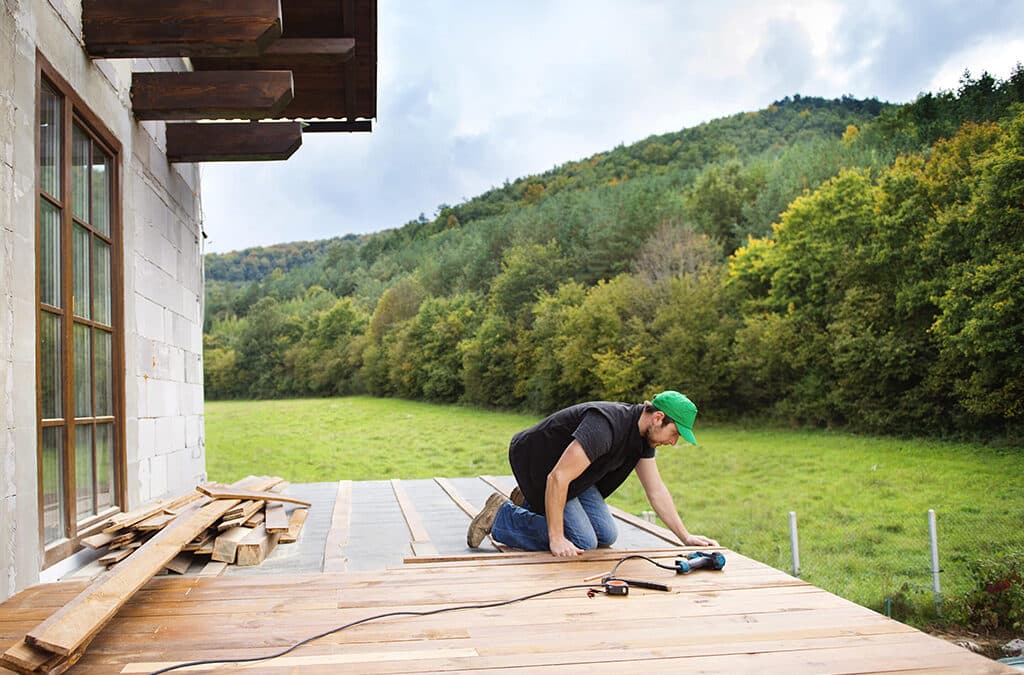
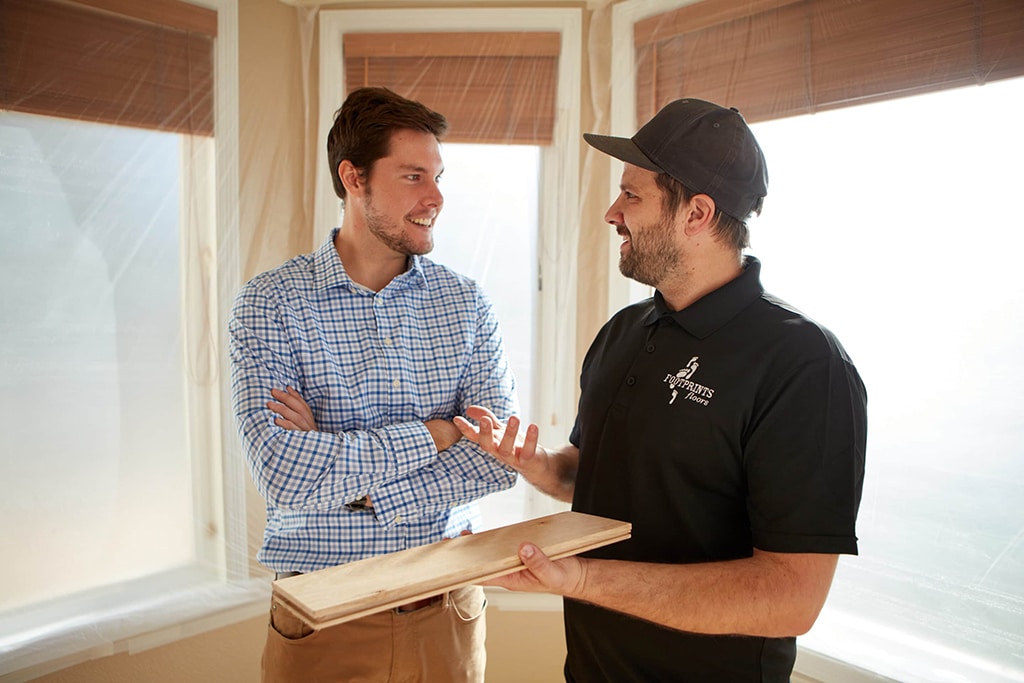
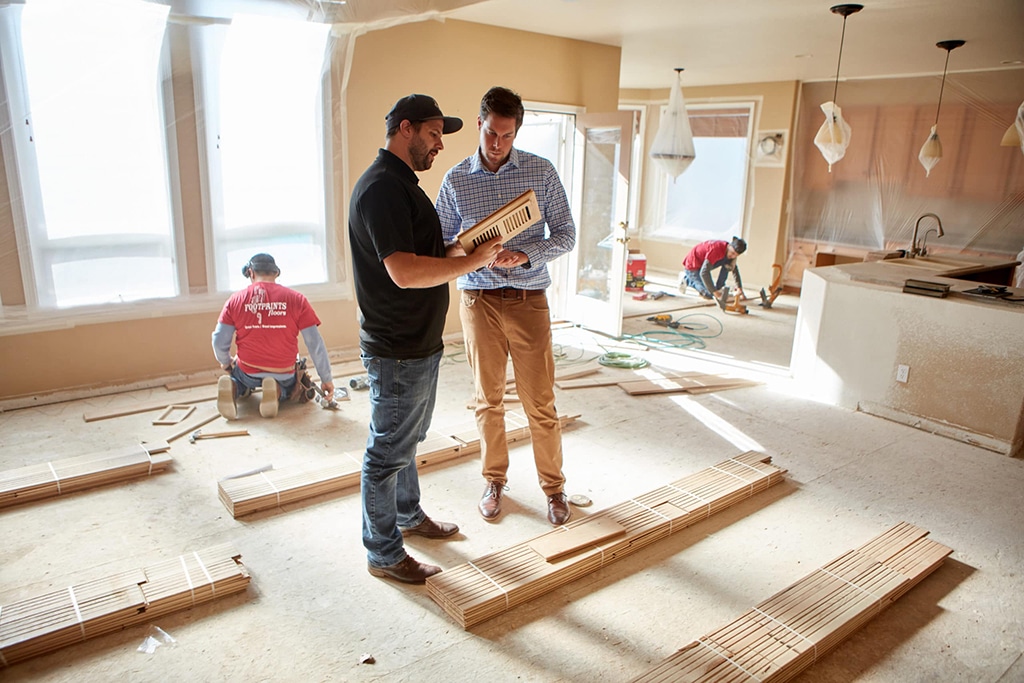
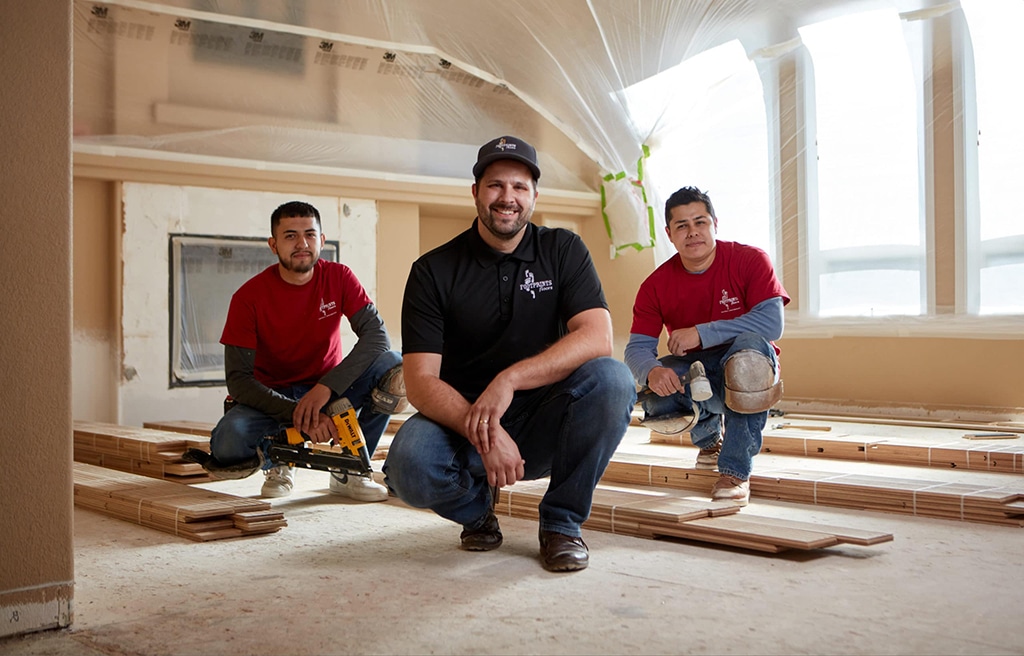
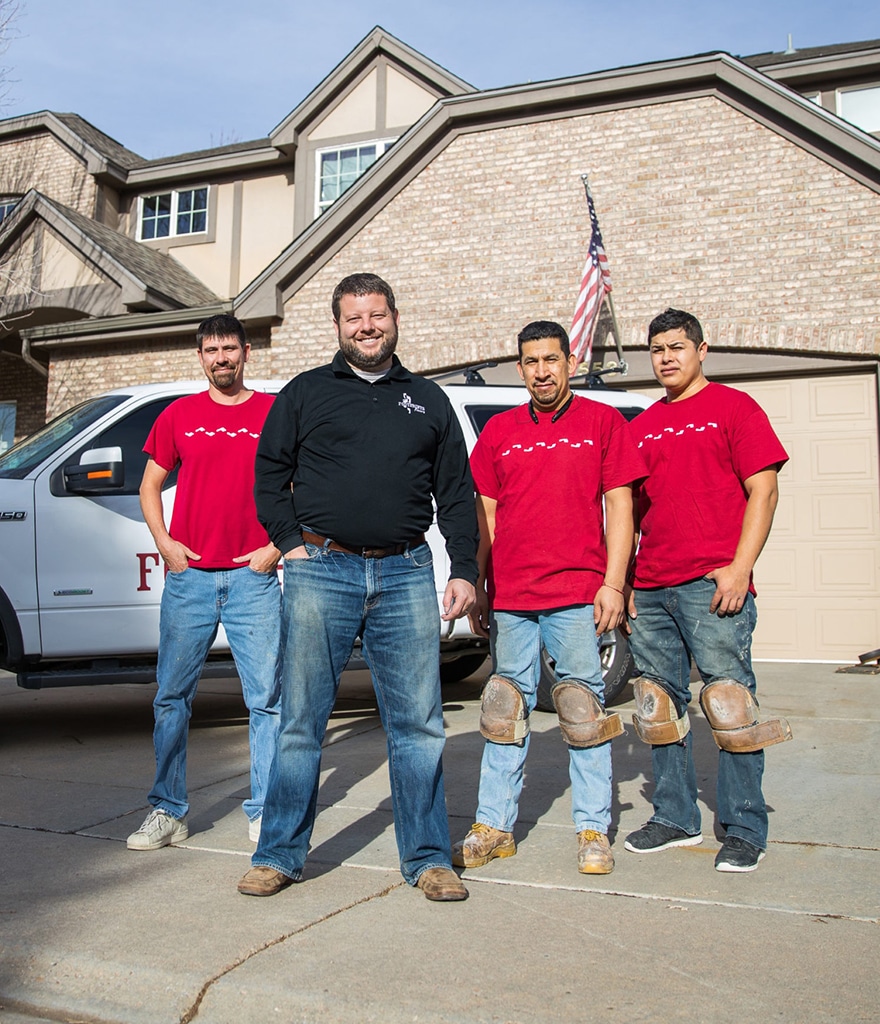
Recent Comments